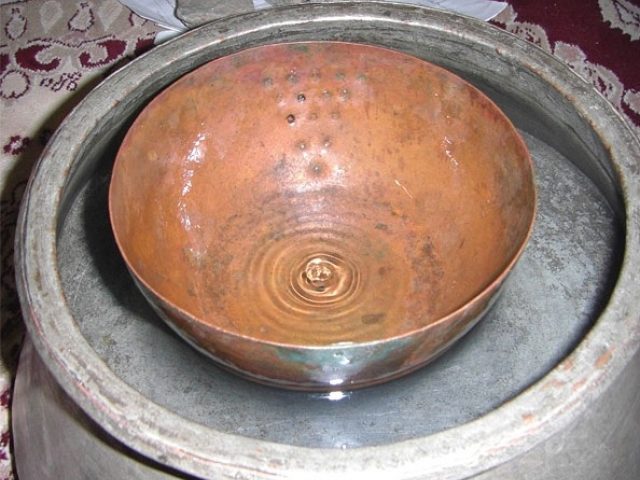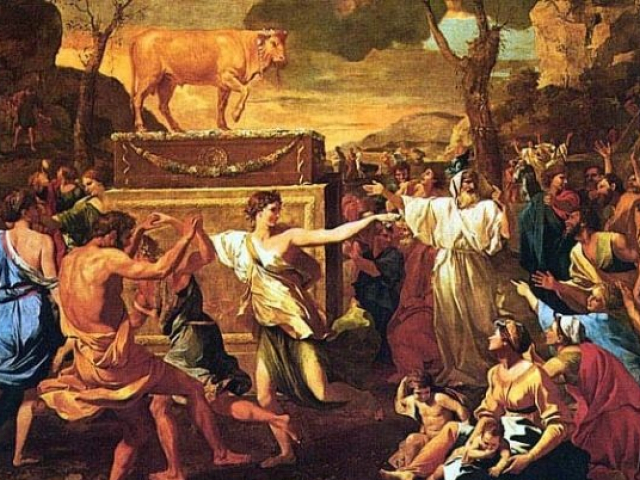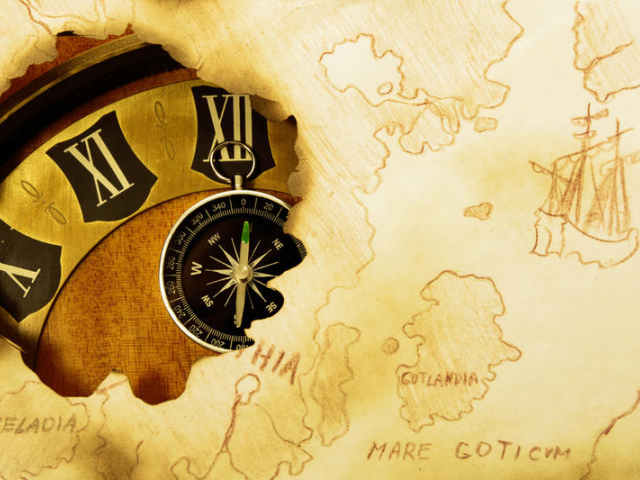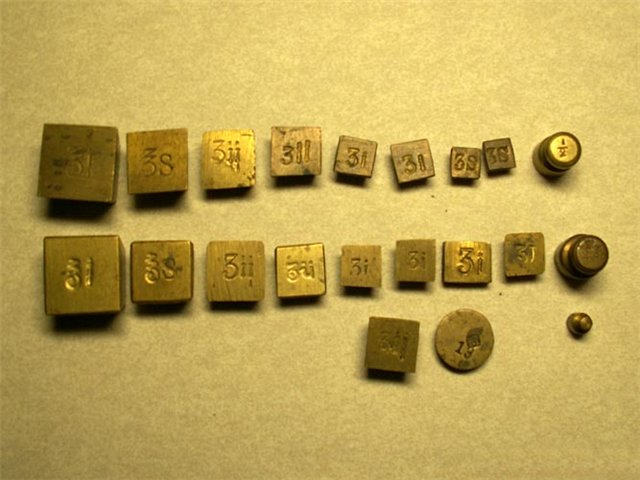
Atom
Atom comes from a Greek word meaning uncuttable. Remarkably, in ancient times this concept was applied to the shortest period of time. A minute was thought to consist of 376 atoms, each lasting less than 1/6 of a second (or 0.15957 seconds to be more precise). Nowadays, this term is used in physics to define the smallest particle of matter.

Ghurry
In the middle ages, the Europeans measured time with the help of hourglass and sundial. In Asian countries, such as India, people used a water-clock called a ghurry. It was a hemispherical bowl made of wood or metal and pierced with several holes. Ghurry was placed in a basin full of water that swept through the holes, slowly filled the vessel until it sank from the weight to the bottom. The entire process took about 24 minutes. This period of time was named ghurry. There were once considered to be 60 ghurries in a day.

Lustre
The term lustre dates back to Ancient Rome. A lustrum was a five-year period. After its termination, a full census of the Roman population was carried out and lustration or purification was performed. The Romans made sacrifices to the Gods on the Champ de Mars in order to please them.

Mileway
This unit of time measures time and space. Literally, a mileway means a mile-long walk. Mileway measures distance and is designed to count time. In the early Middle Ages, it was a name for a period of around 20 minutes. This slot of time was considered to be enough for a man to cover the one-mile distance.

Nychthemeron
This term was derived from the Greek words for night (nyks) and day (hemera). Thus, the two opposite concepts made such a fancy alternative name for a period of 24 hours. Everything related to nychthemeron lasts no more than 24 hours.

Punct
In Medieval Europe, there was the term punct that had two meanings. One of them we use nowadays when we need to define a certain point in space (point of arrival, destination). Back then, a punct was a quarter of an hour.

Scruple
Scruple is a Latin word for a small sharp stone. Historically, it was an old apothecaries’ measurement equal to 1/24th of an ounce (roughly 1.3 grams). In the XVII century, scruple was used to refer to a tiny amount of something. It was also used as another name for 1/60th of a degree of a circle (i.e. one minute), 1/60th of a minute (i.e. one second), and 1/60th of a day (i.e. 24 minutes). Nowadays, we use this word in a more figurative meaning – a scrupulous person, someone who pays close attention to even the tiniest of details.
 English
English 
 Русский
Русский Bahasa Indonesia
Bahasa Indonesia Bahasa Malay
Bahasa Malay ไทย
ไทย Español
Español Deutsch
Deutsch Български
Български Français
Français Tiếng Việt
Tiếng Việt 中文
中文 বাংলা
বাংলা हिन्दी
हिन्दी Čeština
Čeština Українська
Українська Română
Română
